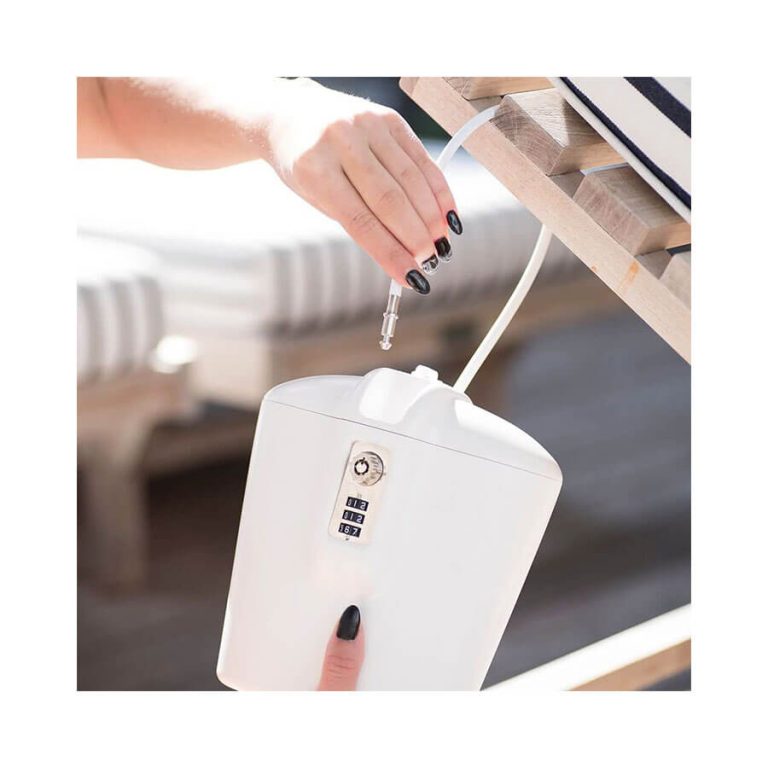Master the Art of Cooking: Proven Tips & Techniques for Delicious Meals &ndash
Introduction
Cooking is an art that combines creativity, science, and passion to create delightful meals that satisfy both the palate and the soul. Whether you’re a novice in the kitchen or an experienced cook, mastering the fundamentals of cooking is essential for creating successful and delicious meals. In this blog post, we will explore some tried-and-true tips and techniques that will elevate your cooking skills and help you create amazing dishes with confidence.
Here are the Top 6 Techniques for Successful and Delicious Meals
Organization is Key:
Before diving into any recipe, it’s crucial to organize your ingredients and equipment. Read the recipe thoroughly and gather all the necessary ingredients in one place. Chop vegetables, measure spices, and preheat the oven before you start cooking. This practice will save you time and ensure a smoother cooking process.
Knife Skills:
A chef’s knife is a cook’s best friend. Invest in a good-quality, sharp knife and learn basic knife skills. Mastering proper knife techniques, such as chopping, dicing, and mincing, will not only make your cooking more efficient but also ensure uniformity in your ingredients, leading to better results.
Understand Cooking Techniques:
Familiarize yourself with various cooking techniques, such as sautéing, braising, roasting, and grilling. Each method imparts distinct flavors and textures to your food. Learning when to use each technique will allow you to bring out the best in different ingredients and create a wide range of delicious dishes.
4. Superior Seal and Safety
Seasoning: The right balance of seasonings can elevate a simple dish to new heights. Experiment with different herbs, spices, and seasoning blends to enhance the flavors of your meals. Taste as you go and adjust seasoning accordingly. Remember that seasoning is subjective, so feel free to customize according to your personal preference.
Practice the Art of Tasting:
Tasting your food throughout the cooking process is crucial to make adjustments and ensure the flavors are well-balanced. Develop your palate by tasting different ingredients individually and paying attention to how they interact when combined. As you become more attuned to flavors, you’ll be able to create harmonious and delicious dishes effortlessly.
Invest in Quality Cookware:
Choosing high-quality Cookware is essential for achieving better cooking results. Opt for pots and pans made from durable materials such as Stainless Steel. Quality Cookware distributes heat evenly, preventing hot spots and ensuring consistent cooking. The quality of the Cookware also depends on the brand you are using, as there are various brands in the market, one of the popular brands in the market for quality Cookware is DONIV Smart Cookware, they have high-quality Cookware and also a wide range of Cookware. So if you are someone who is learning cooking or already a pro-cook it is important to invest in the right Cookware, Invest in DONIV Smart Cookware, as it will be a one-time investment due to its high-quality material & durability of the Cookware. It’s better to invest one time than invest again & again to buy new Cookware.
Use the Right Size:
Selecting the right-sized Cookware for your recipe is crucial. Using a pan that is too small can overcrowd the ingredients and lead to uneven cooking, while using a pan that is too large may cause sauces or liquids to evaporate too quickly. Match the size of your Cookware to the amount of food you’re preparing for optimal results. While buying Cookware, always check the size and buy according to your needs. DONIV Smart Cookware has a wide range of Cookware with different sizes available, so check the size and buy it now.
Use the Right Utensils:
Select utensils that are suitable for your Cookware to prevent scratching or damaging the surfaces. Avoid using metal utensils on non-stick pans and opt for silicone, wooden, or nylon utensils instead. Metal utensils can be used on Stainless Steel or cast iron Cookware, but be cautious to avoid scratching the surface. Buy the right quality Cookware, that will be rust-resistant & also durable. While buying Cookware always check that Cookware should be of high quality, high durability & rust resistant. One of the Cookware brands that has all these benefits, is DONIV Smart Cookware.
<!–
Conclusion:
Choosing the right grade of Stainless Steel for your kitchen is a crucial decision that affects both its aesthetics and functionality. Consider the environmental conditions, budget, usage, and desired appearance to make an informed choice. Whether you opt for the versatile 304 Stainless Steel, the corrosion-resistant 316 Stainless Steel, or the budget-friendly 430 Stainless Steel, your kitchen will benefit from the durability and hygiene that Stainless Steel offers. With proper care and maintenance, your Stainless Steel kitchen will continue to shine and serve you well for years to come.
VINOD Stainless Steel provide high quality of food grade Stainless Steel product’s they have various varieties of Stainless Steel household appliances for you elegant and morden kitchen. Do visit on VINOD’s website for more information www.vinodsteel.com
–>
FAQs
What type of Cookware is best for everyday cooking?
Stainless Steel Cookware is a popular choice for everyday cooking due to its durability, versatility, and even heat distribution. It is resistant to corrosion and does not react with acidic or alkaline ingredients. Additionally, Stainless Steel Cookware is relatively easy to clean and maintain.
Is non-stick Cookware safe to use?
Non-stick Cookware is generally safe to use as long as it is used and cared for properly. Avoid using metal utensils that can scratch the non-stick surface and opt for silicone, wooden, or nylon utensils instead.
Can I use metal utensils on all types of Cookware?
It depends on the type of Cookware. Metal utensils can be used on Stainless Steel or cast iron Cookware, as they are more durable and resistant to scratching.
How do I clean and maintain my Cookware?
The cleaning and maintenance requirements vary depending on the type of Cookware. Stainless Steel Cookware can usually be cleaned with warm soapy water and a non-abrasive sponge.
What type of Cookware is best for everyday cooking?
Stainless Steel Cookware is a popular choice for everyday cooking due to its durability, versatility, and even heat distribution. It is resistant to corrosion and does not react with acidic or alkaline ingredients. Additionally, Stainless Steel Cookware is relatively easy to clean and maintain.
Can I use metal utensils on all types of Cookware?
It depends on the type of Cookware. Metal utensils can be used on Stainless Steel or cast iron Cookware, as they are more durable and resistant to scratching. However, they should be avoided on non-stick surfaces, as they can damage the coating. Always refer to the manufacturer’s instructions for the recommended utensils to use with your specific Cookware.
How do I clean and maintain my Cookware?
The cleaning and maintenance requirements vary depending on the type of Cookware. Stainless Steel Cookware can usually be cleaned with warm soapy water and a non-abrasive sponge. Non-stick pans require gentle cleaning with mild dish soap and a soft sponge or cloth. Cast iron Cookware should be cleaned without using soap and dried thoroughly to prevent rust. Always refer to the manufacturer’s instructions for specific cleaning guidelines.
Can I use my Cookware in the oven?
Many types of Cookware are oven-safe, but the maximum temperature tolerance may vary. Stainless Steel and cast iron Cookware are generally safe for use in the oven, while non-stick Cookware often has specific temperature limitations. Always check the manufacturer’s guidelines to ensure your Cookware is oven-safe and to determine the maximum temperature it can withstand.
What is the best way to store Cookware?
Storing Cookware properly can help prevent scratches and prolong its lifespan. If stacking pots and pans, place a protective layer (such as a soft cloth or paper towel) between each piece to avoid metal-on-metal contact. Hanging Cookware on a pot rack or using a wall-mounted storage system is another option to keep your Cookware organized and easily accessible.
I’m a beginner in the kitchen. Where should I start with cooking?
As a beginner, it’s important to start with the basics. Begin by learning and practicing fundamental cooking techniques such as sautéing, boiling, and baking. Start with simple recipes and gradually build your skills and confidence.
How can I prevent my food from sticking to the pan?
To prevent food from sticking to the pan, ensure that your pan is preheated properly before adding ingredients. Use a sufficient amount of oil or fat to create a barrier between the food and the cooking surface.
How can I balance flavors in my dishes?
Balancing flavors is essential for creating delicious meals. Taste your food as you cook and adjust the seasonings accordingly. If a dish tastes too salty, you can balance it with a squeeze of lemon juice or a touch of sweetness. If a dish is too acidic, you can add a bit of fat or sweetness to balance it out.
How often should I replace my Cookware?
The lifespan of Cookware depends on its quality, usage, and maintenance. High-quality Cookware that is well cared for can last for many years. However, if you notice significant wear, scratches, or warping, it may be time to replace it.


